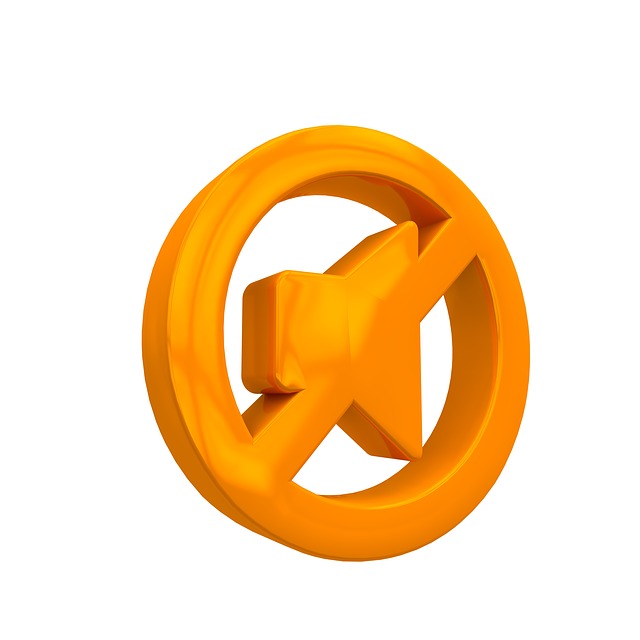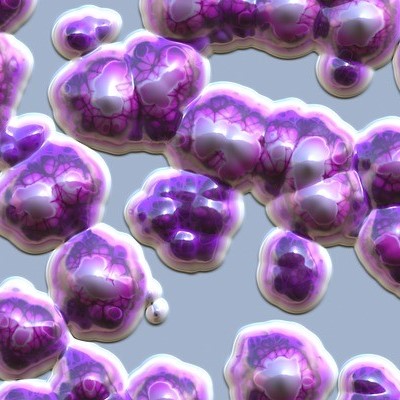Dentist Near Me

X-rays, or radiographs, have long been used in dentistry. Traditional film x-rays are a safe and effective part of your dental care, but they do require a small amount of radiation. In our office, we utilize digital x-ray technology that provides the benefits of film imaging but uses up to 80% less radiation. With our advanced digital radiographs, we can view your teeth and surrounding structures with remarkable accuracy.
Unlike traditional x-rays, digital x-rays require no wait time for film to develop. Instead, the images are available on the computer screen within seconds. These images can then be enhanced and enlarged for more accurate diagnosis. Digital x-rays can be stored, printed, or even transmitted electronically to a specialist or laboratory, if needed.
Intraoral x-rays create an image of the teeth, bone, and tissues inside the mouth. This image can be used for prevention, diagnosis, and/or treatment planning, depending on the need. X-ray images can be used to identify or diagnose potential oral health issues that may not be fully visible to the naked eye. Some of these may include:
- Tooth decay
- Cracks or fractures
- Impacted teeth
- Tooth root infection
- Bone loss
- Cysts, tumors, or other abnormal growths
How often you need dental x-rays will change over your lifetime. Healthy adults may only need radiographs taken every 2-3 years. Children and teens often need more frequent imaging to monitor the growth and alignment of their teeth. However, there are several additional factors that can influence how often digital x-rays are recommended. Some of these include:
- Multiple dental restorations
- Periodontal disease
- Dry mouth
- Tobacco use
- Orthodontics
- Root canal therapy
Your safety is our primary concern. Before having a digital x-ray taken in our office, let us know if any of the following apply to you:
- You have had a dental x-ray in another office within the past year
- You are or may be pregnant
- You have any questions or concerns about x-rays
For more information on how our digital x-rays benefit you, contact our office.
5703 Centre Square Drive
Centreville, VA 20120
Email: [email protected]
Phone: (703) 968 7022









 Between Halloween and Christmas, there are numerous tasty treats and foods to enjoy. For many people, food is the highlight of the holiday season. However, certain foods and candies are particularly damaging to your teeth. If you want to keep your smile looking healthy into the new year, here are some tips.
Between Halloween and Christmas, there are numerous tasty treats and foods to enjoy. For many people, food is the highlight of the holiday season. However, certain foods and candies are particularly damaging to your teeth. If you want to keep your smile looking healthy into the new year, here are some tips. Periodontal disease and Rheumatoid Arthritis (RA) share a complex relationship with one another. Both of these chronic conditions cause increased inflammation in the body. Both can lead to serious damage, especially if a patient does not seek prompt, effective treatment. However, the connection between these potentially destructive illnesses does not end with similarity of symptoms. If you have either periodontal disease or RA, you may benefit from learning more about the links between the two.
Periodontal disease and Rheumatoid Arthritis (RA) share a complex relationship with one another. Both of these chronic conditions cause increased inflammation in the body. Both can lead to serious damage, especially if a patient does not seek prompt, effective treatment. However, the connection between these potentially destructive illnesses does not end with similarity of symptoms. If you have either periodontal disease or RA, you may benefit from learning more about the links between the two.







